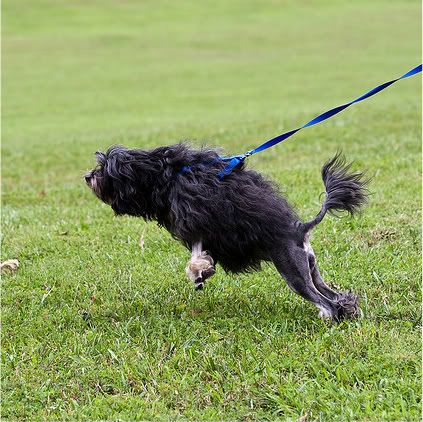
What is the one thing you wish you knew prior to getting a pet?
That is my question to you this week.
For some, it may be the time commitment needed to help integrate a pet into the home.
- How much time should a pet parent spend with their companion animal?
This means that the animal needs quality time and attention–not just in the beginning, but for the long term.
Perhaps it is the financial commitment a pet requires.
- Just how much is it going to cost to maintain a pet properly?
Maybe it concerns the pet problems faced from simply obtaining a young animal.
- Is it better to get a young animal, an adolescent, or an older pet?
- What are the pros and cons for each?
- What unique problems will it present to the new pet household?
Or possibly problems in trying to sort out just what training methods are the best–or who to turn to for help.
- What animal training programs are the best?
- How do I find quality pet professionals to help?
Whatever you wish you might have known, take a minute to ponder your questions and leave them in the comments or over on my Facebook community (if the comments are closed).
I’ll be taking a closer look at your questions in the near future.


